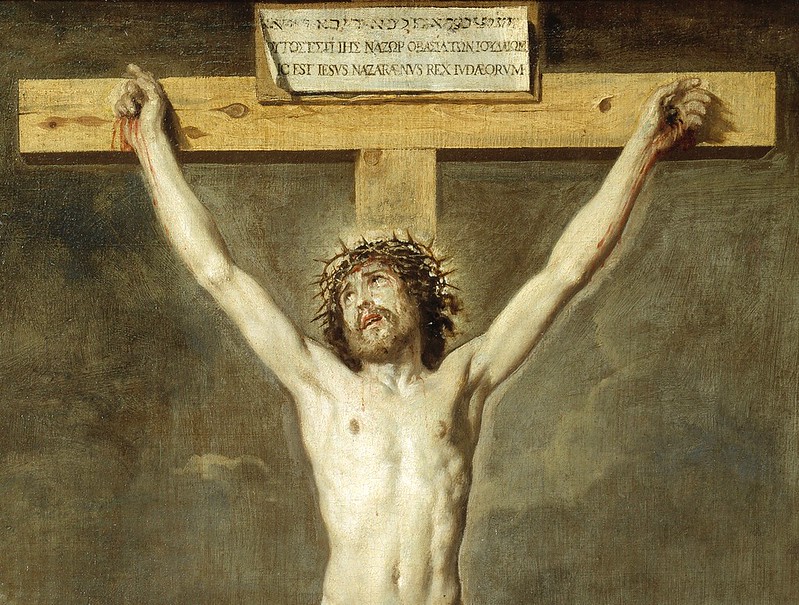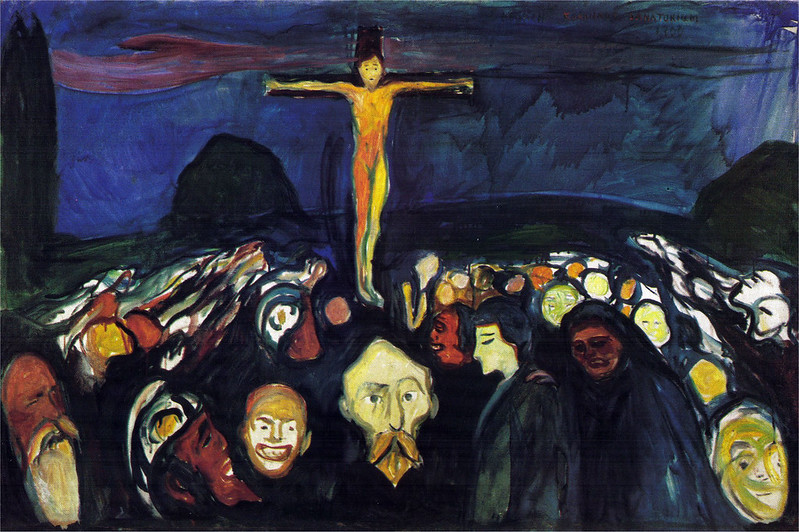Good Friday: A World Indicted

Good Friday: A World Indicted
Brian Zahnd
Good Friday offers humanity a genuinely new and previously unimagined way of understanding both the character of God and the nature of human civilization. As Jürgen Moltmann writes in The Crucified God, “the cross is the test of everything.” But to understand Good Friday we need to be clear on who did the accusing, condemning, and killing of Jesus of Nazareth.
As we read the passion narratives in the Gospels it’s obvious that it isn’t God who insists on the execution of Jesus. Mark tells us, “the chief priests accused him of many crimes.” (Mark 15:3) Jesus’ jealous rivals accused him of heresy, blasphemy, and sedition because they were possessed by the satanic spirit of rivalry and blame. It wasn’t God who charged Jesus with capital crimes. It wasn’t God who shouted, “Crucify him!” It wasn’t God who ordered Jesus flogged with a lead-tipped whip. The work of accusation, condemnation, and torture is the work of human civilization under the sway of the satan. The spirit of God is not heard in the crowd’s bloodlust cries of “crucify him,” but in Christ’s merciful plea, “Father, forgive them.” We must not imagine the machinations of the devil as the handiwork of God!
When Jesus arrived in Jerusalem on Palm Sunday the principalities and powers of Caiaphas, Herod, and Pilate and their constituent institutions of religious, economic, and political power were at enmity with one another. These power brokers were bitter rivals locked in a fatal embrace. But when they took their rivalry-induced fear and hate, and projected it onto Jesus as their chosen scapegoat on Good Friday, they achieved a demonic unity. Luke precisely tells us this. “That same day [Good Friday] Herod and Pilate became friends with each other; before this they had been enemies.” (Luke 23:12)
Read more






